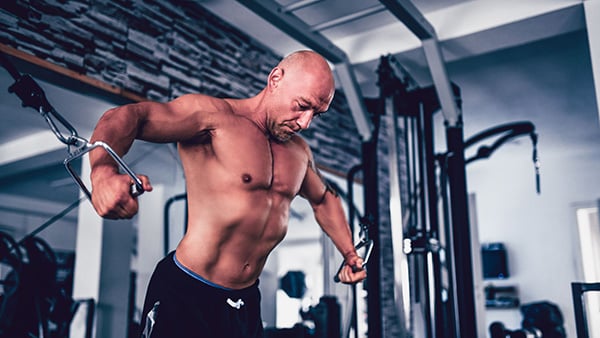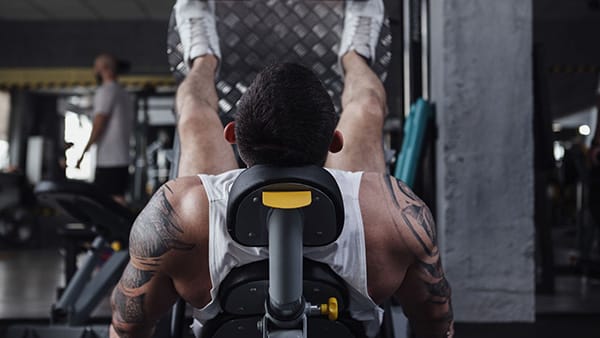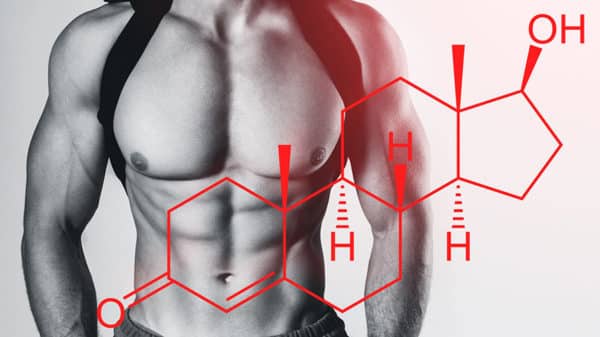Have you ever heard of the beta-alanine ? Highly prized by athletes and fitness enthusiasts, this amino acid delays the onset of fatigue and promotes muscular growth. In fact, you've probably already consumed some if you're in the habit of taking a pre-workout before your workouts. But how does beta-alanine work? And how can it help you improve your sporting performance?
What is beta-alanine?
Beta-alanine is a non-essential amino acid.
Unlike the essential amino acids (isoleucine, leucine, valine, etc.), the non-essential amino acids can be naturally synthesized by the human body.
There are 11: aspartic acid, glutamic acid, arginine, asparagine, cysteine, glutamine, glycine, proline, serine, tyrosine and alanine.
Beta-alanine is present in many products. Meat, fish and spirulina are just a few examples. rich foods in this area.
Although they can be produced by the body, non-essential amino acids play an important role in maintaining your health.
But unlike the vast majority of amino acids, alanine does not produce proteins.
Together with histidine, it is a precursor of the carnosinea peptide that helps stabilize the Muscle pH. In other words, a lack of beta-alanine can limit the presence of carnosine in your body.
Let's take a look at how this can affect your performance in the gym.
How does beta-alanine work in bodybuilding?
Do you know what happens to your body when you push iron?
During exercise, the body produces hydrogen ions in large quantities. These reduce the pH level of muscles and disrupt acid-base balance.
This phenomenon is responsible for the onset of fatigue. Little by little, the body struggles to break down glucose for generate energy.
This is where carnosine comes into play. Carnosine acts as a buffer, absorbing hydrogen ions. It enables stabilize pH in the muscles and delay fatigue.
That's why it's necessary to have some in sufficient quantity in the muscle fibers to maintain your effort longer.
Since alanine promotes the production of carnosine, it is essential for more intense training. That's why some sportsmen and women use a supplementation.
What are the benefits of beta-alanine?
As you can see, this amino acid is designed to enhance sporting performance. But let's take a closer look.
Several scientific studies have analyzed the effects of beta-alanine. Beta-alanine helps to :
- Delay the onset of fatigue;
- Building stamina;
- Developing muscular strength ;
- Increase anabolism at the expense of catabolism;
- Get a better muscle development ;
- Strengthen the immune system thanks to its antioxidant properties.
Would you like to follow a bodybuilding program to reach your goals?
When should you take beta-alanine?
In addition to your usual diet, beta-alanine can be consumed in the form of food supplementsin powder or capsules.
In terms of dosageIt is recommended not to exceed 5 to 6 grams a day. To optimize its effects, it can be taken in several doses throughout the day.
For better assimilation, beta-alanine intake can be combined with carbohydrate consumption.
A 2006 study also concluded that combining beta-alanine supplements with creatine would optimize muscle mass gain and body composition.
For best results, opt for continuous intake, rather than cures lasting a few weeks.
Finally, like taurine, beta-alanine is present in most pre-workout products.
Are there any side effects?
Beta-alanine is safe if taken in the recommended dosage.
Whether you take it in powder, tablets or in a pre-workout, the only effect secondary may be a tingling sensation in the hands and legs. This sensation is known as "paresthesia".
Conclusion
The effects of beta-alanine on sports performance have been demonstrated by numerous studies. In fact, this amino acid plays an active role in the production of carnosine, an essential component for stabilizing the pH in muscles, which in turn helps to reduce fatigue during exercise.








